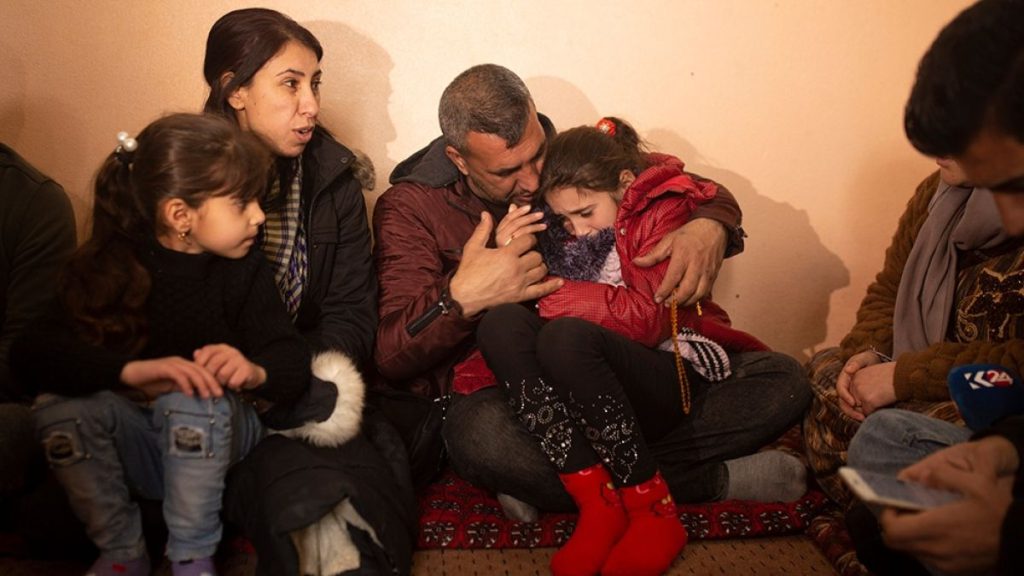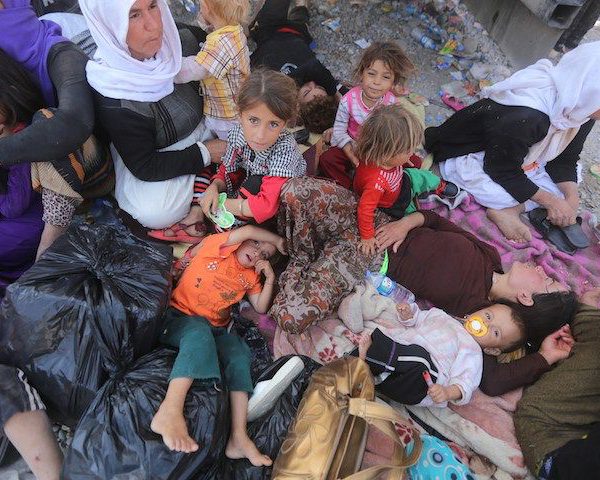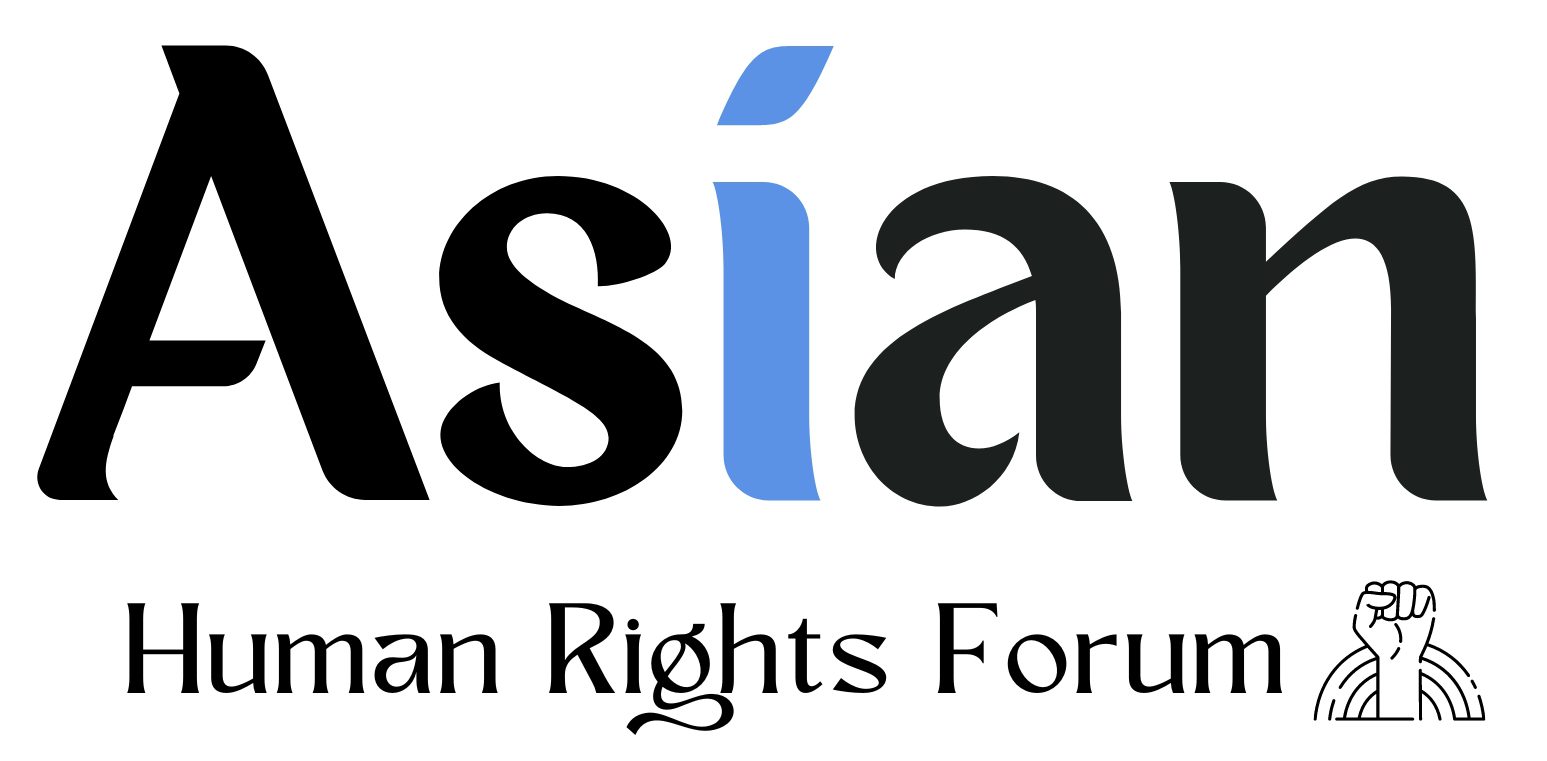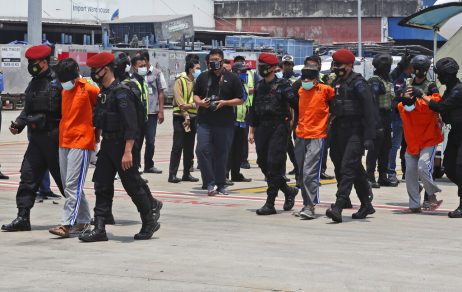
The Yazidis of Iraq & Syria
The Yazidis are a religious minority group who primarily live in the Nineveh Province of Iraq, with smaller populations in Syria, Turkey, and Armenia. They have faced significant persecution and violence at the hands of extremist groups, particularly the Islamic State of Iraq and Syria (ISIS).
ISIS considers the Yazidis to be “devil worshipers” and has targeted them for extermination. In August 2014, ISIS militants attacked the Yazidi community in the Sinjar region of Iraq, killing thousands of people, enslaving thousands of Yazidi women and girls, and forcing tens of thousands to flee to Mount Sinjar, where they were stranded without food, water, or shelter for days.
Since then, the Yazidis have faced ongoing challenges, including displacement, loss of homes and property, psychological trauma, and difficulties accessing education and healthcare. Many Yazidi women and girls who were enslaved by ISIS are still missing or in captivity, and those who have escaped or been rescued often face stigma and discrimination within their own communities.
The Yazidi community has called for international support and recognition of their plight, as well as for justice and accountability for the atrocities committed against them. While some progress has been made in providing aid and protection to Yazidis, there is still much work to be done to ensure their safety, dignity, and well-being.
Yazidis in Iraq and Syria are still facing significant danger and persecution, although the situation has improved somewhat since the height of the ISIS attacks on their community. While ISIS has been largely defeated in Iraq and Syria, the group and other extremist organizations continue to pose a threat to the Yazidis and other minority groups in the region.

In Iraq, many Yazidis remain displaced and unable to return to their homes, and there have been reports of ongoing violence and human rights abuses against them. In Syria, the Yazidi community has been caught in the crossfire of the country’s civil war, and some have been targeted by various armed groups.
The ongoing instability and conflict in both countries also make it difficult for Yazidis to access basic services such as healthcare and education. Many Yazidi women and girls who were taken captive by ISIS are still missing, and there are concerns about the fate of those who remain in captivity.
Despite these challenges, there have been efforts by the international community and local organizations to provide aid and support to the Yazidis, including through the provision of humanitarian assistance and efforts to document and seek justice for the atrocities committed against them. However, much more needs to be done to ensure the safety and well-being of the Yazidi community in Iraq and Syria.





